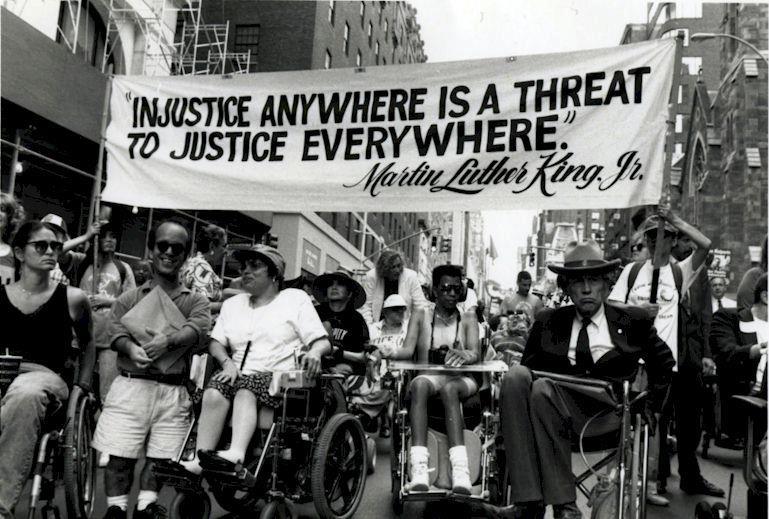Commentary On Sefer HaMitzvos
It’s time for a post about Torah before Shabbas (Sabbath) starts.
As I mentioned earlier, I’m studying Rambam’s Sefer HaMitzvos, which lists all of the Torah’s 613 mitzvos (commandments), what they mean, their reasons, how to do them, and why they’re included as one of the 613. In my study of the earlier portions of Sefer HaMitzvos, I ran across this:
Not to test the prophet unduly Deut. 6:16
This is derived from Moshe recalling the dreaded “Waters of Strife” (Massah U’Merivah) incident I blogged about last month, when the Jews tested Moshe’s ability to get water for the tribes and he lost his cool and got banned from the Promised Land.
“Ye shall not try the L-RD your G-d, as ye tried Him in Massah.” (Deut. 6:16)
This commandment on the most basic level, Rambam wrote, is defined as not unduly testing Hashem / His prophet like at the water rock.
But included in this mitzvah, he wrote, is not testing G-d to see if you get a reward for doing mitzvos. We must not be tapping the proverbial water rock over and over expecting a reward. Rambam sees this mitzvah as yet another affirmation of a core principle of Judaism: mitzvos for mitzvos sake. Service because it is right and it is required, not because you’re trying to earn an earthly or eternal reward. “Be not like servants who serve their master for the sake of a reward, but be rather like those who serve without thought of receiving a reward.” (Perkei Avos 1:3)
It is because of this core belief in Judaism that Jews almost never emphasize the afterlife. What a contrast to the hellevangelists!
With even a cursory scan of the Torah (the five books of Moses) you see that the existence of the afterlife is not even explicitly stated, because as Jews we have to focus on all we are commanded, and our overarching task to bring holiness down to earth. It was not until the rise of the Pharisees (c. 100 B.C.E.), the forerunners of our sages, that the notion of a spiritual life after death developed in any meaningful way in Jewish thought.
This is an especially important point to remember with Yom Kippur, the day of judgment, coming soon to a synagouge near you. All the rewards and punishments decided on Yom Kippur are coming within the next year, physical, here and in real time, then it starts over next Yom Kippur. It is much more like the Karma shown in that sitcom “My Name Is Earl.” haha.
And ideally, we have control, or at least can minimize, how much bad our year is going to have, by how good we’ve been. We do have total free will. As this week’s parsha puts it: “I have set before you life and goodness, and death and evil… And you shall choose life.” (Deut. 30:15)
Rambam comments: “If G-d were to decree, that a person be righteous or wicked; or if there were to exist something in the very essence of a person’s nature which would compel him toward a specific path, a specific conviction, a specific character trait or a specific deed… how could G-d command us through the prophets ‘do this’ and ‘do not do that’…? What place would the entire Torah have? And by what measure of justice would G-d punish the wicked and reward the righteous…?”
Total free will is essential. We aren’t slaves to forces beyond our control.
Before, I blogged about the Jewish philosophy that it’s this world that matters, and we’re here to do mitzvos and walk with Him without thought of eternal reward in this popular post in March. Check it out.
Deut. 28:9 does command us to “walk in His ways.” How can we possibly walk in the ways of Hashem, an infinite force? Well, it’s a very deep question, that cuts right to the core maxim of the whole Torah as explained by R” Hillel: “What is hateful to you, do not do to your fellow man: this is the whole Law; the rest is the explanation (commentary)” (Tractate Shabbas 31a).
I’ll have to explain what this means in my next blog; it’s very deep.
Until then,
Gut Shabbas! 🙂
Nick
